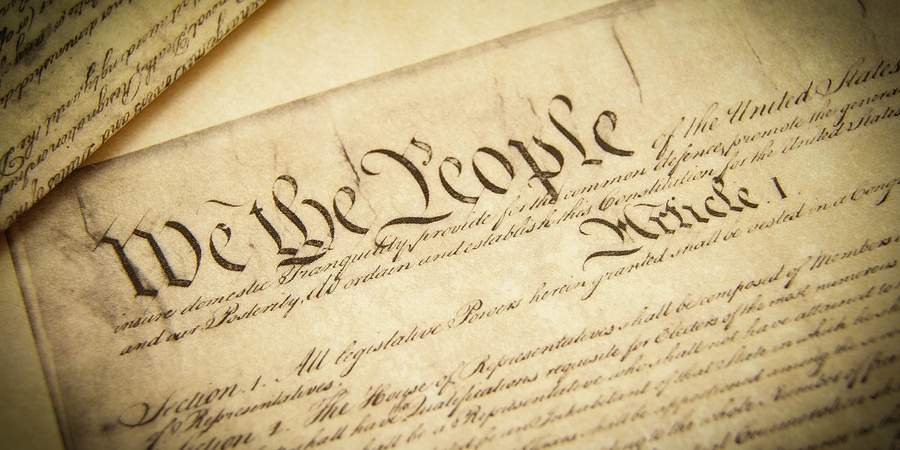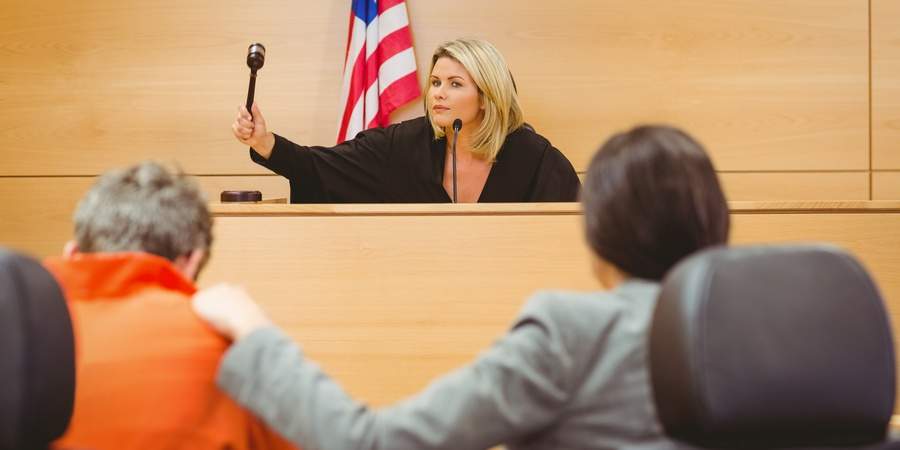In general the Internal Revenue Code provides that no action may be maintained more than six years after the commission of a criminal tax violation.
However, the Court has ruled that the statute does not necessarily begin when the tax return was filed or should have been filed.
Court Finds That the Statute of Limitations in a Section 7202 Tax Case Begins When Willfulness Arises.
Written by on in Criminal Tax Cases.








